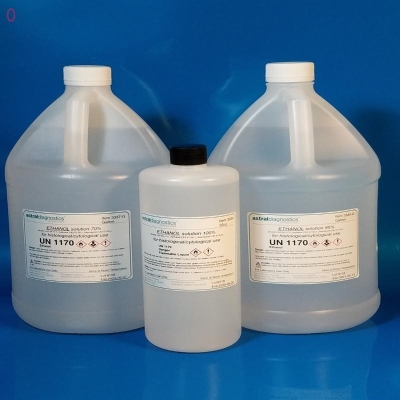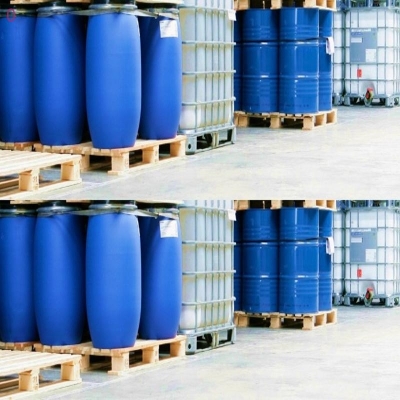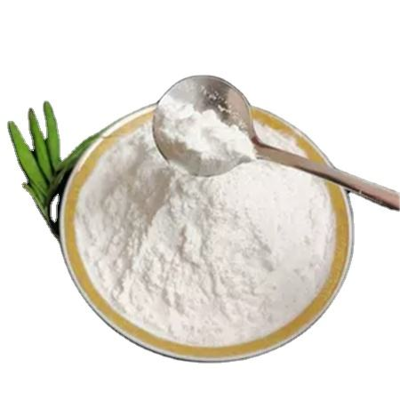-
Categories
-
Pharmaceutical Intermediates
-
Active Pharmaceutical Ingredients
-
Food Additives
- Industrial Coatings
- Agrochemicals
- Dyes and Pigments
- Surfactant
- Flavors and Fragrances
- Chemical Reagents
- Catalyst and Auxiliary
- Natural Products
- Inorganic Chemistry
-
Organic Chemistry
-
Biochemical Engineering
- Analytical Chemistry
- Cosmetic Ingredient
-
Pharmaceutical Intermediates
Promotion
ECHEMI Mall
Wholesale
Weekly Price
Exhibition
News
-
Trade Service
The industry's judgments are not consistent as to whether oil prices will enter the super cycle again.
In recent times, world oil prices have repeatedly hit record highs.
Is it true? The answer is not certain.
The recent surge in oil prices is due to accidental factors.
According to the forecast of the International Monetary Fund (IMF), the average world oil price this year will be US$65 per barrel, and the highest price may reach US$80 per barrel.
Of course, the so-called super cycle theory is not groundless.
First of all, global monetary easing is an important reason for the rise in commodity prices.
The global monetary easing has led to the expansion of demand for bulk commodities, from the soaring price of iron ore and natural gas to the possibility of a substantial increase in energy demand in the next stage, all heralding the arrival of a true inflation cycle.
Since the Biden administration took office, it has continued to launch a large-scale economic stimulus package, and the injection of US$1.
9 trillion is expected to boost consumption.
This stimulus plan will produce "important commodity-intensive consumption.
" The stimulus plan is mainly aimed at low- and middle-income families.
This means that US household gasoline expenditures are expected to increase significantly.
Economists have calculated that if oil demand grows at a rate of 1.
4 million barrels per day, then a super cycle may occur.
Last year, affected by the epidemic, the global average daily demand for oil actually decreased by about 10 million barrels; this year, oil demand may increase at a rate of 500,000 barrels per day.
It cannot be ruled out that as the global economy recovers on a large scale, the possibility of a sharp increase in energy demand.
Secondly, the global oil supply may be insufficient.
Senior market traders believe that the "fate" of future oil prices depends on OPEC, especially Saudi Arabia.
Variables affecting supply also include Iran's return to the world oil market and the overall output of major oil-producing countries such as the United States and Russia.
Generally speaking, the latter's output data is relatively stable and predictable.
However, there is also a possibility that the global oil supply will be insufficient in the next one or two years.
This is also the main reason why Saudi Arabia decided to automatically reduce production by 1 million barrels in case of emergency.
Saudi Arabia predicts that a shortage of crude oil supply will appear in the second quarter of this year.
According to the International Energy Agency's forecast, if global oil investment remains at the level of 2020 in the next five years, the overall oil supply level will be reduced by nearly 9 million barrels per day by 2025.
Data show that last year's upstream oil and gas investment was about US$300 billion, a 15-year low and a 30% drop from 2019.
It is estimated that by 2022, global oil demand will rebound to more than 100 million barrels per day, and the supply gap will increase.
Therefore, the oil and other commodity markets are bound to show a cyclical recovery.
Once again, international investment banks contributed to the flames.
Some large investment banks released reports that the world's commodity bull market is still not over.
In the past three months, crude oil prices have risen by about 50% and are currently in the process of accelerating their rise.
Therefore, the world's commodities have started a new super cycle, and this cycle will last about 10 years.
According to research by Goldman Sachs, hedging expectations of rising inflation, a weak US dollar, and unusually loose monetary policy are all key drivers of the rebound in commodities.
Goldman Sachs had accurately predicted in October last year that commodities will usher in a bull market.
Goldman Sachs believes that potential factors will support the emergence of a new super cycle, including vaccine listings, the global economy's recovery of growth driven by large-scale stimulus plans, extremely loose monetary policy, rising and tolerated inflation, and "OPEC +" production cut expectations.
People can clearly see how American investment banks affect financial markets.
The current increase in oil prices is more manifested as a boost from speculative funds, rather than a fundamental change in the relationship between supply and demand in the oil market itself.
According to reports, in the week ending February 9th, hedge funds’ long bets on 24 major commodity futures around the world increased by 5%, equivalent to a nominal value of US$143.
7 billion, of which the net long position of Brent crude oil futures Rise to the highest level in 28 months.
At the same time, the Bloomberg Commodity Index was pushed up to a 27-month high.
The prosperity of speculation can be seen.
In the long run, the historically brilliant black gold industry has begun to slowly end, giving way to greener renewable energy.
Even if the global economy begins to fully recover from 2022 and stimulate oil demand, it is difficult to say how long this positive growth will last.
In short, the era of high oil prices is gone, and the factors that determine and affect oil prices are still complicated.
(Economic Daily-China Economic Net Weng Donghui)
Transfer from: Economic Daily-China Economic Net
[Copyright and Disclaimer] All copyrighted works belonging to this website must be authorized when reprinting and indicate the source "China Industrial Economic Information Network".
Offenders of this website will reserve the right to pursue relevant legal responsibilities.
Any reprint of articles and corporate publicity information only represents the author's personal views, and does not represent the views and positions of this website.
For copyright matters, please contact: 010-65363056.
Further reading







